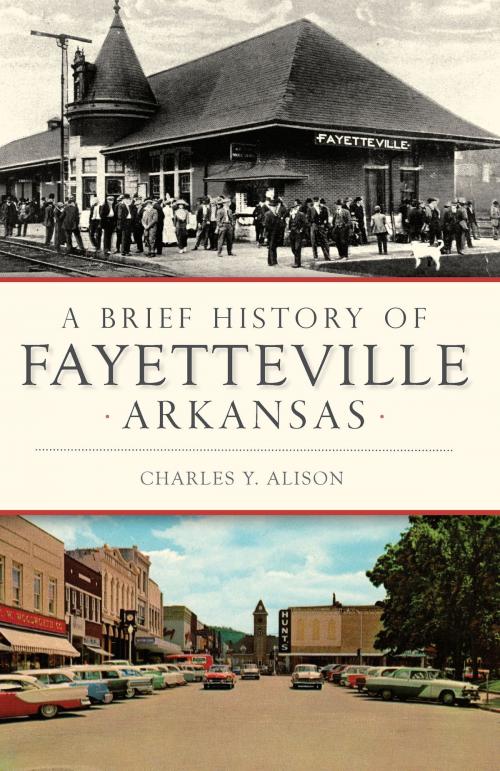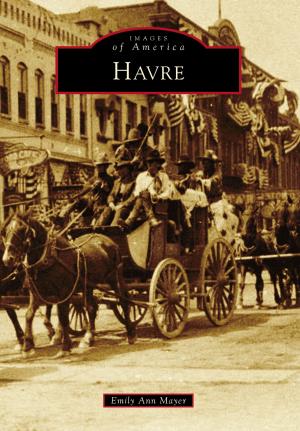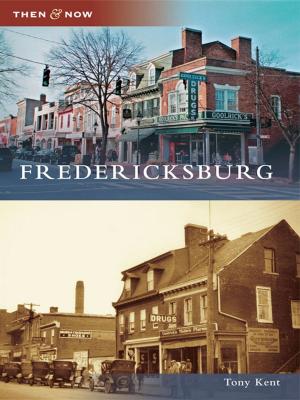A Brief History of Fayetteville Arkansas
Nonfiction, Travel, Pictorials, Art & Architecture, Photography, History, Americas, United States| Author: | Charles Y. Alison | ISBN: | 9781625857736 |
| Publisher: | Arcadia Publishing Inc. | Publication: | April 3, 2017 |
| Imprint: | The History Press | Language: | English |
| Author: | Charles Y. Alison |
| ISBN: | 9781625857736 |
| Publisher: | Arcadia Publishing Inc. |
| Publication: | April 3, 2017 |
| Imprint: | The History Press |
| Language: | English |
Originally a small town called Washington Courthouse, Fayetteville bloomed into one of Arkansas's largest cities. The town prospered during its first two decades, until it suffered decimation during the Civil War as troops moved throughout the region. In 1871, Fayetteville successfully bid to be home to the University of Arkansas, the state's first public university. Today, the city represents a cultural convergence, with remnants of historic trails such as the Military Road between St. Louis and Fort Smith and the Trail of Tears. Author and historian Charlie Alison details pivotal events that shaped the city.
Originally a small town called Washington Courthouse, Fayetteville bloomed into one of Arkansas's largest cities. The town prospered during its first two decades, until it suffered decimation during the Civil War as troops moved throughout the region. In 1871, Fayetteville successfully bid to be home to the University of Arkansas, the state's first public university. Today, the city represents a cultural convergence, with remnants of historic trails such as the Military Road between St. Louis and Fort Smith and the Trail of Tears. Author and historian Charlie Alison details pivotal events that shaped the city.















